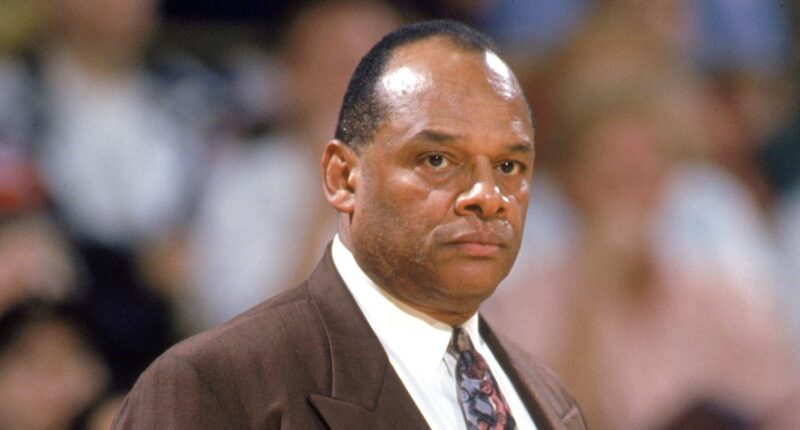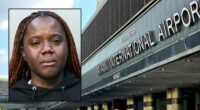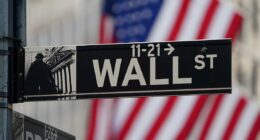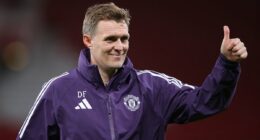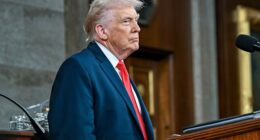Share this @internewscast.com
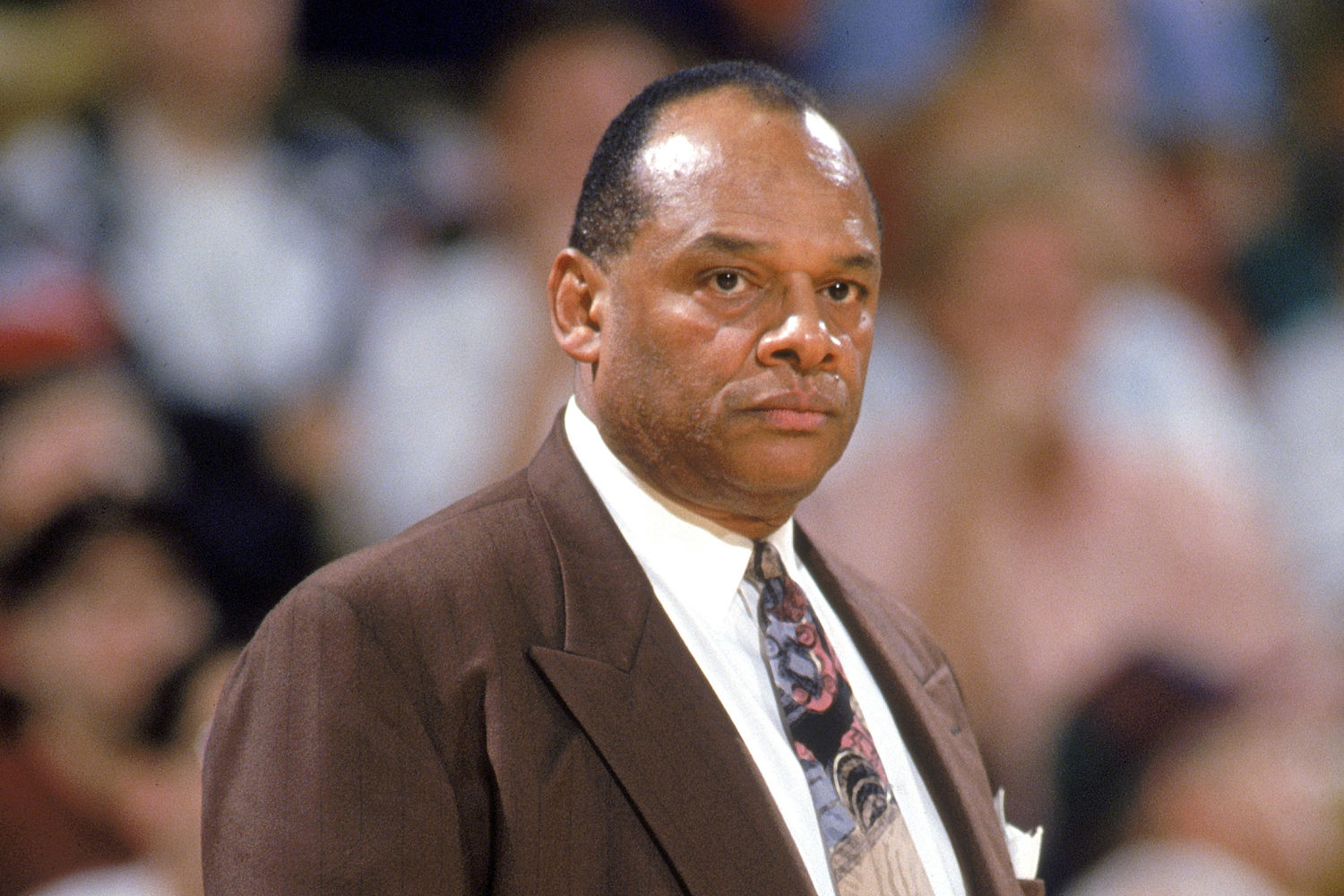
George Raveling, a revered figure in college basketball coaching and a pivotal influence in Michael Jordan’s decision to partner with Nike, has passed away at the age of 88. Raveling’s guidance is credited with sparking a worldwide cultural shift through Jordan’s endorsement of the brand.
“It is with profound sorrow and indescribable pain that we announce the passing of our dear ‘Coach,’ George Henry Raveling, who bravely and gracefully battled cancer,” his family declared in a poignant statement. “Words cannot truly express the impact George had on his family, friends, colleagues, past players, assistants, and indeed on the world.”
Raveling’s basketball journey began at Villanova, leading to an assistant coaching position there in 1963. His career spanned over thirty years, including roles as an assistant coach at the University of Maryland and head coach positions at Washington State, Iowa, and the University of Southern California. He was a three-time Pac-10 Coach of the Year, recognized by the National Association of Basketball Coaches, and was inducted into the Naismith Memorial Basketball Hall of Fame in 2015.
Most notably, Raveling played a key role in persuading Michael Jordan to sign with Nike in 1984, just after leaving the University of North Carolina for the NBA’s Chicago Bulls. Although Raveling retired a decade later, he maintained his influence in basketball through his role as Nike’s global basketball sports marketing director.
Reflecting in 2015, Jordan mentioned how Raveling consistently urged him, saying, “You gotta go Nike, you gotta go Nike. You’ve got to try.” Following this advice, Jordan secured a deal that resulted in an estimated earning of more than $1.5 billion, with a 5% royalty from each pair of Air Jordans sold.
Actor Marlon Wayans portrayed Raveling in the 2023 film “Air,” about the intense battle among sneaker brands to sign Jordan.
In August 1963, Raveling and a friend were inspired by the friend’s father to participate in the March on Washington for Jobs and Freedom, where Martin Luther King Jr. delivered his iconic speech.
The night before, they met an organizer who asked them to serve as security. Raveling was 6-foot-4.
The young men agreed, and Raveling was stationed on the stage throughout the event. When King finished electrifying the crowd in what became his most famous speech, Raveling’s youthful curiosity shone.
“At the end of the speech,” Raveling recalled to Andscape in 2020, “as Dr. King finished and started to fold his speech, as he walked away, I just said — I don’t know why, just impulsively said: ‘Dr. King, can I have that copy?’ And he turned and handed it to me.”
For 25 years, he said he never shared with anyone — not even his wife — that he owned the coveted papers. It wasn’t until 1983, when Raveling became the first Black coach at Iowa and in the Big Ten conference, that he shared that he had the original copy of King’s speech.
“He will be profoundly missed,” the family said in its statement, “yet his aura, energy, divine presence, and timeless wisdom live on in all those he touched and transformed.”
